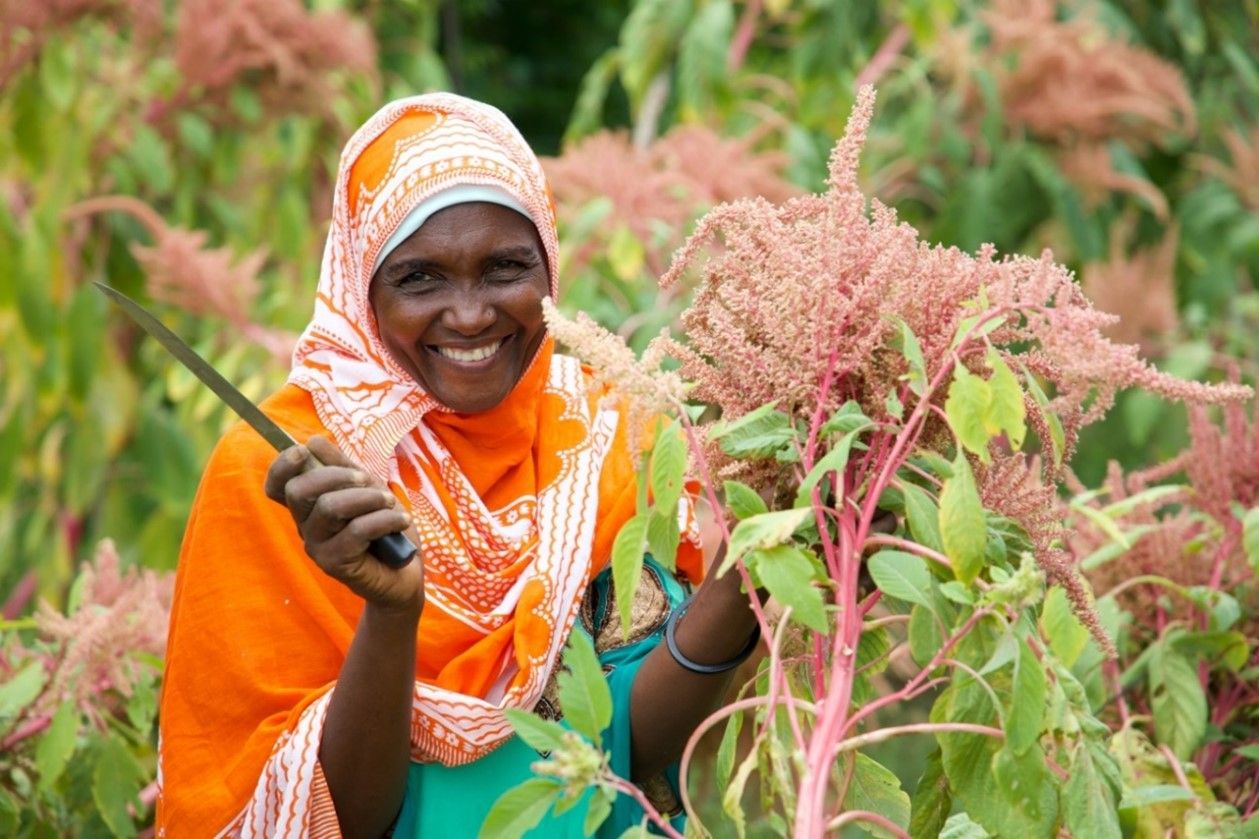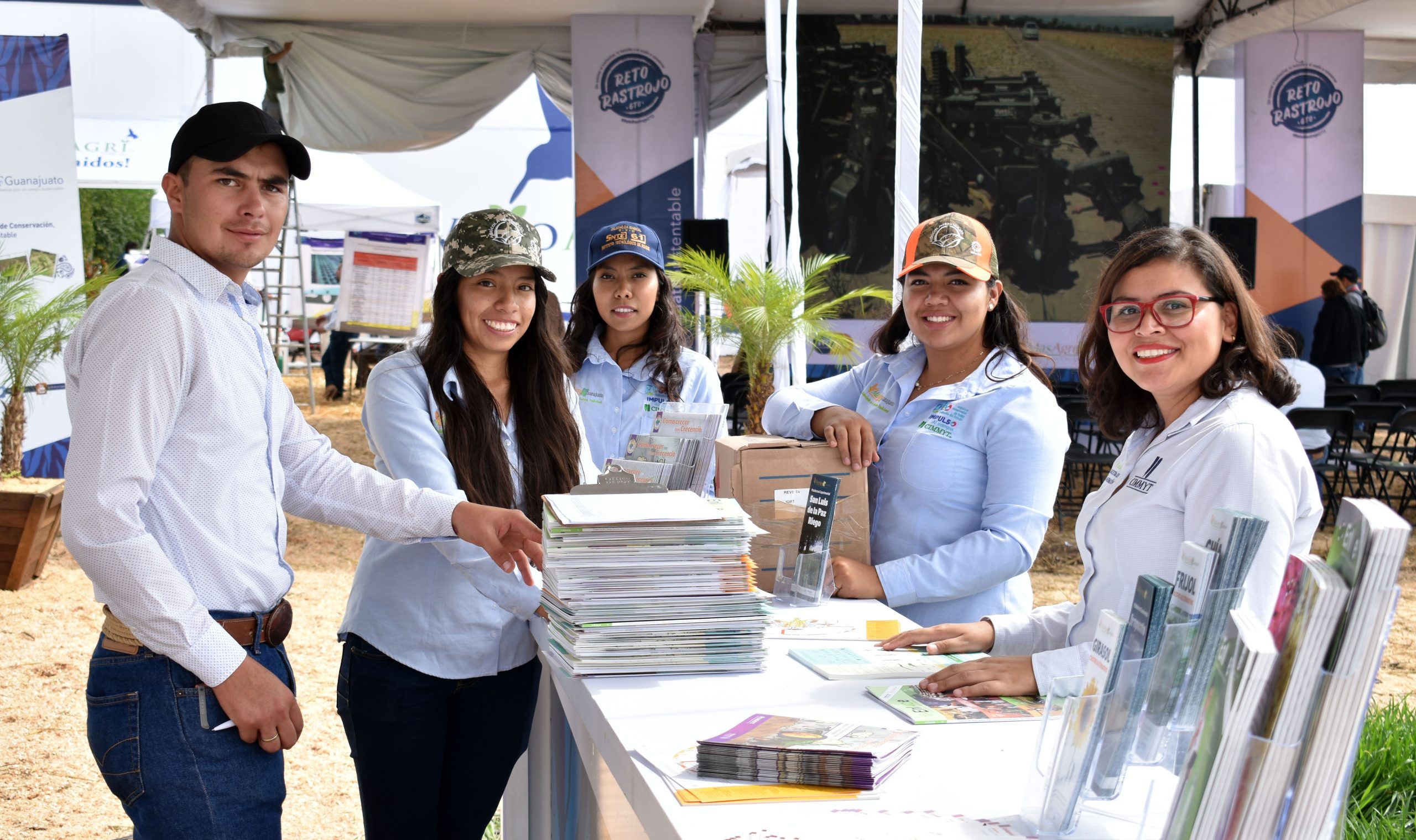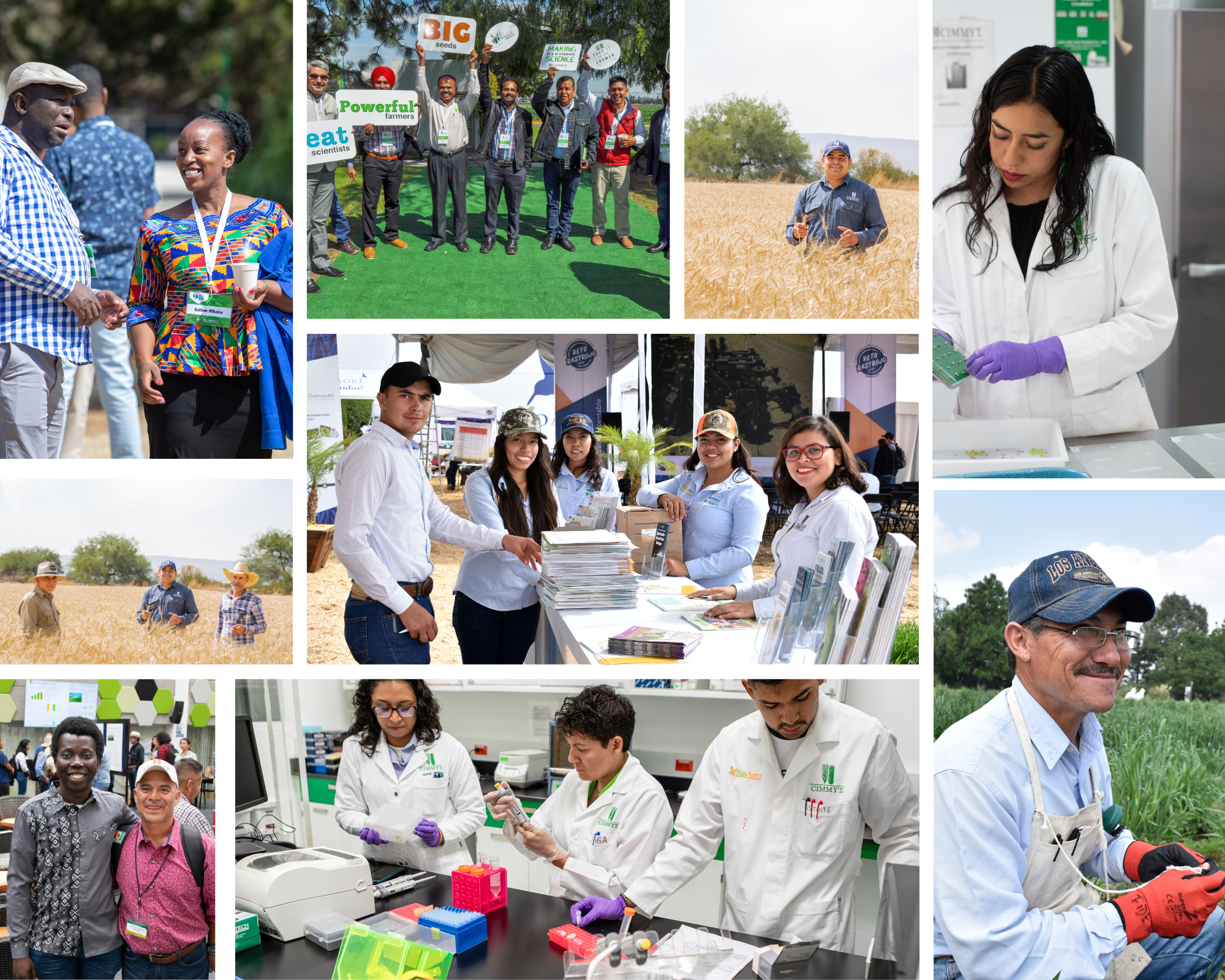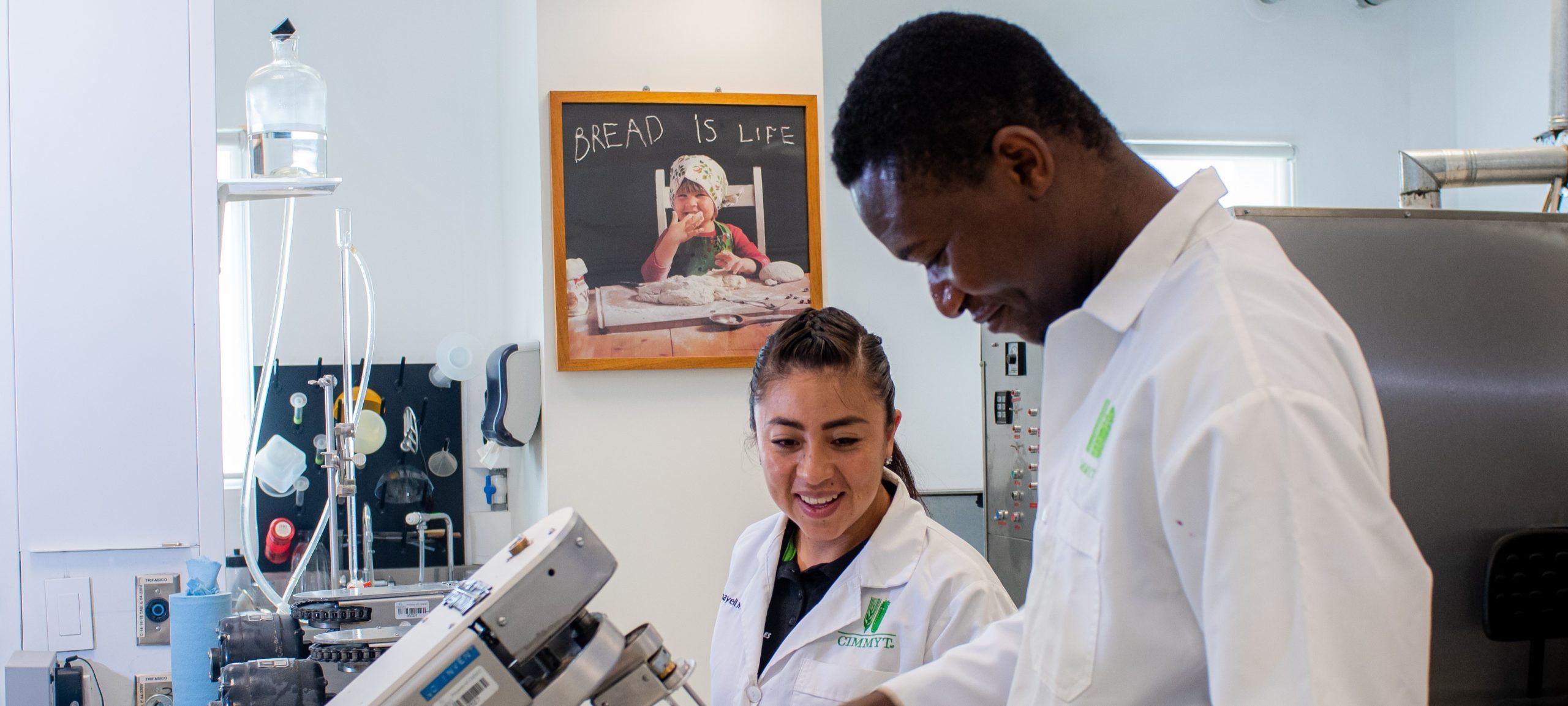Empowering women in Zanzibar: the transformative impact of amaranth farming
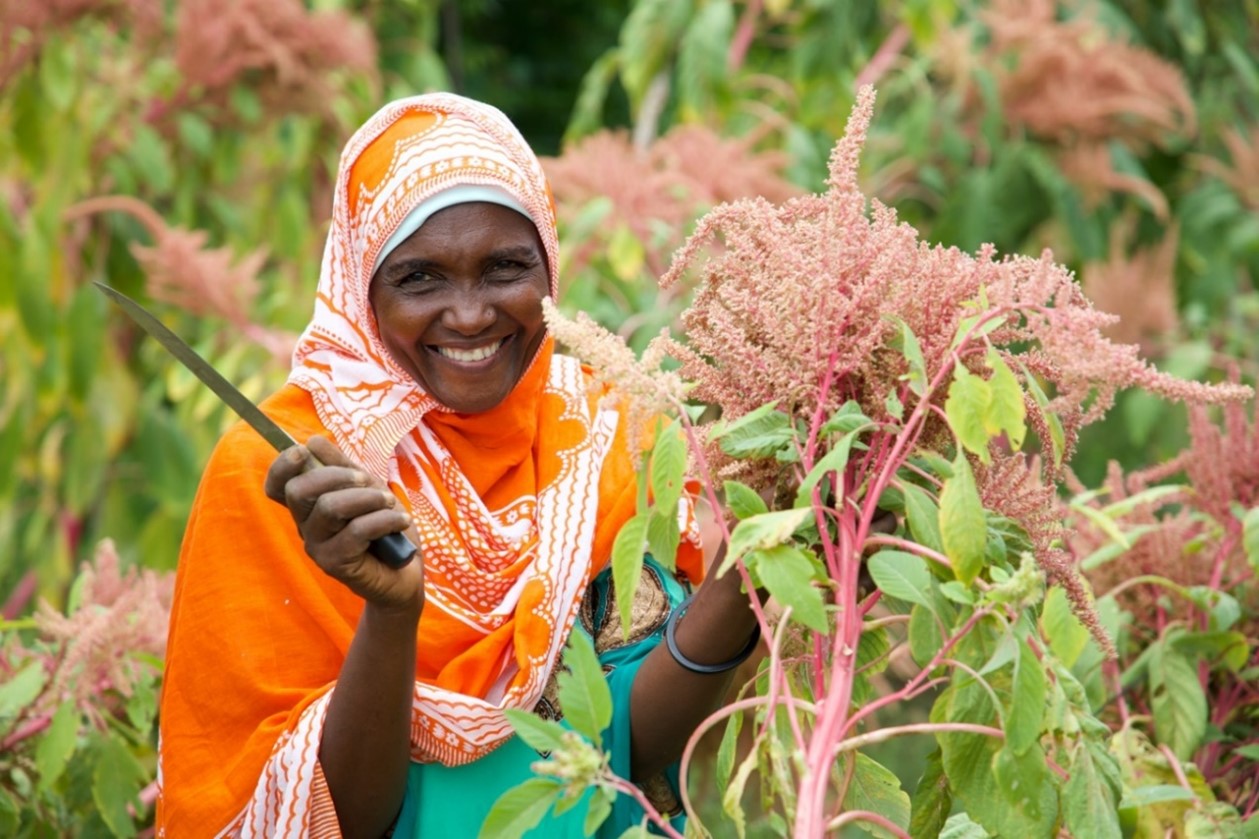
On Pemba Island, part of Tanzania’s Zanzibar archipelago, more women are engaging in vegetable production and value addition, bolstering household nutrition and income security. This movement is significant in areas where modern agricultural technology and awareness of nutrient-rich crops like amaranth—a vegetable high in fiber, protein, and essential micronutrients—are limited.
Mariam Salim, who lives in Mjini Ole village on Pemba Island, is among the women embracing amaranth cultivation. Along with 272 other farmers, 53% of whom are women, she attended a three-day training course on vegetable cultivation and value addition. Funded by the United States Agency for International Development (USAID), through CIMMYT under the Southern Africa Accelerated Innovation Delivery Initiative (AID-I) project, and implemented by the World Vegetable Center, the training covered good agricultural practices, as well as the cultivation and processing of grain amaranth into flour.
The training equipped Mariam with essential knowledge and skills to enhance her agricultural productivity and livelihood.
Sowing seeds for success
Participants received seed kits containing eight varieties of nutritious traditional African vegetables, including African eggplant, African nightshade, amaranth, cowpea, and Ethiopian mustard. Farming a diverse range of crops supports food security and improves community nutrition.
During the training, Mariam realized the potential of growing grain amaranth for seed production. “I discovered that I could produce my own seeds and amaranth flour,” she said. “This opened up new opportunities for me to take control of my farming practices and increase my self-sufficiency.”
Seed production is a vital part of sustainable agriculture, enabling farmers like Mariam to boost productivity, diversify crops, and adopt climate-smart practices. By venturing into seed production, Mariam not only gained a valuable skill but also contributed to conserving and propagating important crop varieties within her community.
Mariam now sells seeds to other farmers, providing her with a new income source while supporting the broader agricultural community by facilitating access to quality seeds. Since the training in July 2023, Mariam has harvested 150 kg of seeds, selling them per kilogram (kg), earning US $450 and enhancing her household income security.
Healthy choices for communities
As the first woman in her community to undertake such an endeavor, Mariam is inspiring other women to explore new farming and food processing opportunities. Through the AID-I project on Zanzibar Island, more than 500 women have started home gardening to access quality vegetables for family consumption and business purposes, introducing new crop varieties and increasing household vegetable consumption.
This light bulb moment underscores the transformative power of education and knowledge-sharing initiatives under AID-I. By providing farmers with information on vegetable grain production and value addition, the project fosters self-reliance and innovation in sustainable farming practices.
Mariam’s detailed description of her seed production process highlights her dedication to agricultural innovation and community health. “It takes three months to harvest seeds, so I must be patient and committed to nurturing healthy crops,” she said. “I must also be precise in caring for the seeds through harvesting, drying, tapping, and sifting.”
The World Vegetable Center promotes home gardening among women. More than 500 participants actively cultivate and process vegetables into nutrient-dense packs. By growing their own vegetables, these women access nutritious food for their families, generate income from surplus produce, and improve health and well-being within the community.

